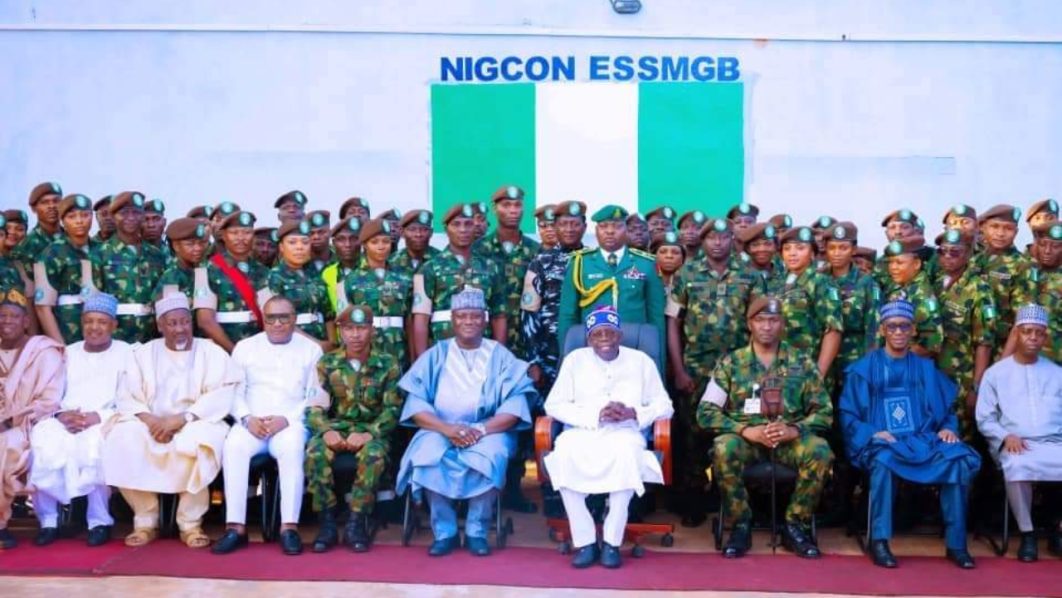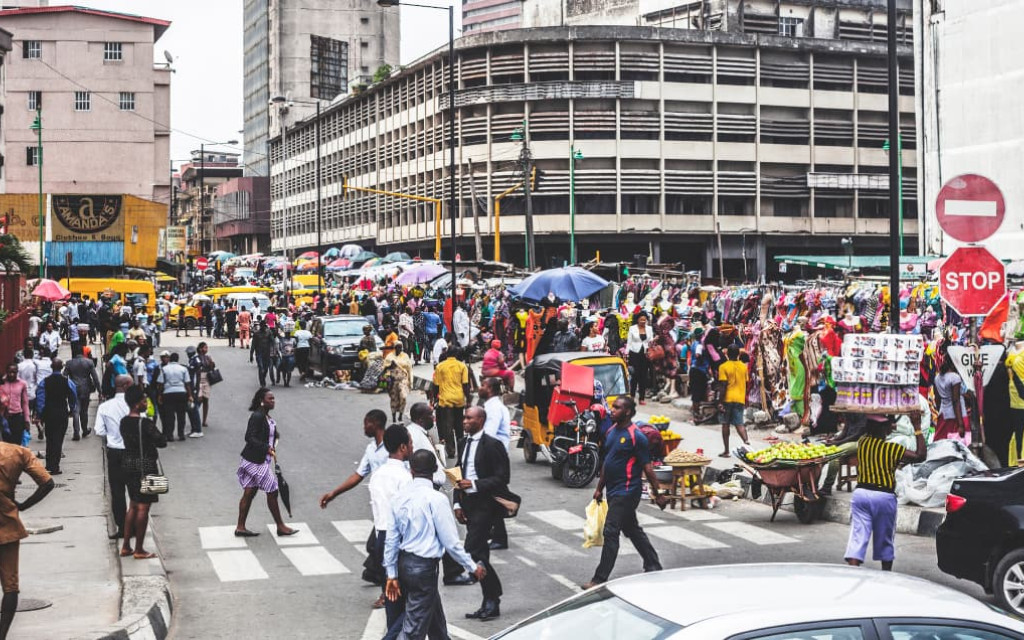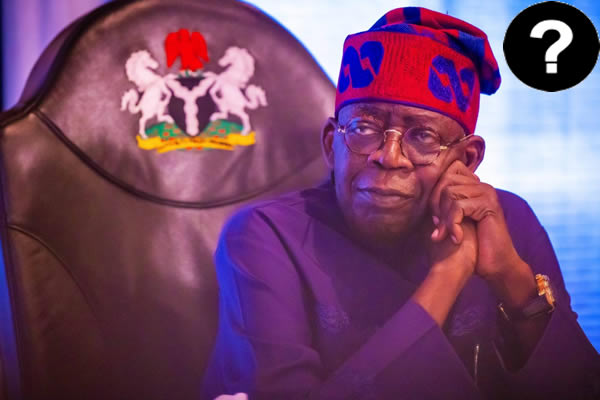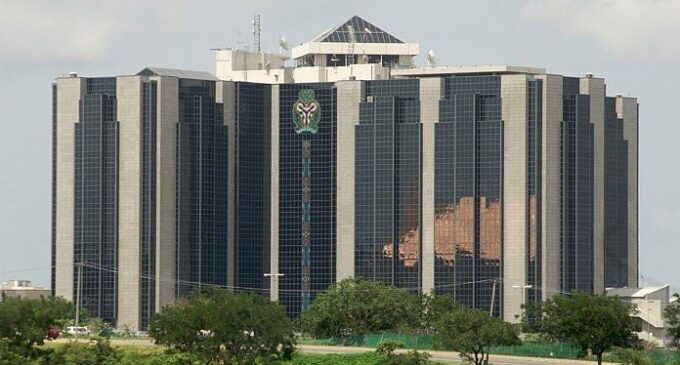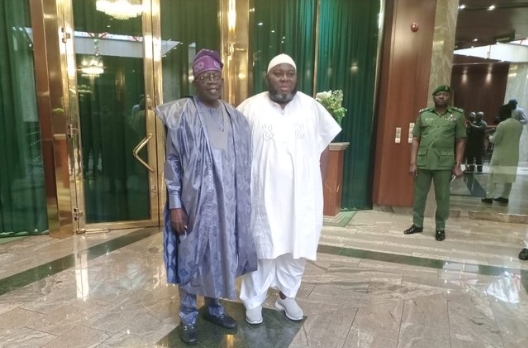The election of Nigeria’s President Bola Tinubu as new Chairman of the Economic Community of West African States (ECOWAS), during the 63rd Ordinary Session of the Authority of Heads of State and Government of ECOWAS held in Guinea-Bissau, has led to high expectations on the potential implications it may have on regional dynamics.
Tinubu’s appointment carries even more weight as the country’s influence and role in the region hold significant importance. One key issue that will likely be in focus during Tinubu’s chairmanship is the matter of border control.
The ECOWAS Borderless Protocol and African Continental Free Trade Area (AfCFTA) are sub-regional and regional economic arrangements that aim to promote regional integration and development in Africa and there has been ongoing debate surrounding Nigeria’s border closure policy.
Former senator representing Kaduna Central, Shehu Sani, commenting on the appointment, noted the protocol of ECOWAS that demands open borders for the free movement of people and goods.
“We shall see what the Chairman will do with Nigeria’s closed land borders,” he said.
Sani further advocated for the adoption of a single currency in West Africa, citing the examples of Germany, Italy, Greece, and France, who sacrificed their strong currencies for the collective good of their continent.
He emphasized the importance of a common currency for the region’s economic prosperity, stating, “It’s time for West Africa to have a Single Currency. I still wonder why it’s so difficult to achieve this.”
The basic principle of both the ECOWAS and AFCFTA agreements is the removal of all barriers to trade within the region, thereby encouraging the unrestricted movement of persons and goods within the frontiers of state borders.
But while the free movement of people and goods is a core principle within ECOWAS, the enforcement of these arrangements brings with it the potential for unintended consequences, particularly in terms of cross-border security challenges.
The region faces numerous security threats, including the proliferation of small and light weapons, human trafficking, drug trafficking, terrorism, and the rise of transnational criminal syndicates that can be exacerbated by increased cross-border activities.
These criminal activities not only undermine the stability and security of individual member states but also pose a significant obstacle to the overall progress and integration of the region.
In his address to the issue, Tinubu emphasized the urgency of taking decisive actions to confront these challenges and their detrimental impact on the region’s progress and development.
“On peace and security, the threat has reached an alarming level, and needs urgent actions in addressing the challenges. Indeed, without a peaceful environment, progress and development in the region will continue to remain elusive.
“In this regard, we must remain committed to the utilisation of all regional frameworks at our disposal to address the menace of insecurity,” Tinubu said.
Chairman of the Nigerian Association of Small and Medium Enterprises (NASME) Abdulrashid Yerima, expressed optimism that President Tinubu’s emergence as ECOWAS Chairman will ensure policies that promote economic activities in West Africa.
“The focus on bolstering economic ties and creating an environment conducive to business growth will be crucial for the region’s overall development,” Yerima said.
There is hope that under his leadership, initiatives will be undertaken to harmonize trade policies, improve market access for MSMEs, and enhance the competitiveness of products and services within West Africa.

